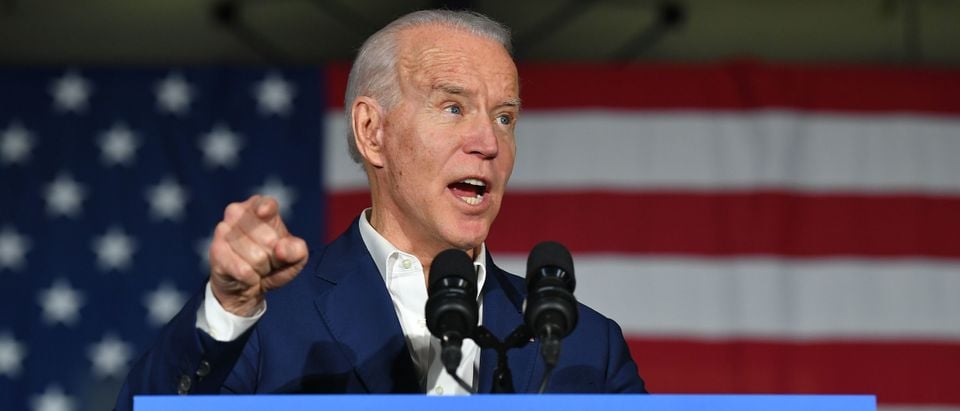The Biden campaign’s digital efforts are a mix of out-of-touch elitism and a total lack of grasp of technology. Ultimately, that is likely to seal Biden’s fate and ensure his defeat this November.
While the Trump campaign is doing a spectacular job at engaging with potential voters online, Biden’s team has struggled to surmount laughably basic technical glitches in its digital broadcasts. Recent history suggests that this disparity could end up being decisive at the ballot box.
During the 2008 campaign, Republican candidate John McCain invested far more time in traditional media than digital media en route to his loss to Barack Obama, whose deliberate efforts to utilize emerging social media platforms such as Facebook got him almost four times the engagement that McCain had. That is an advantage that Obama also enjoyed on other platforms, including YouTube. In 2012, failed presidential candidate Mitt Romney invested twice as much as the Obama campaign did on television advertisements, while Obama once again focused on popular social media platforms, posting twice as often on Twitter as Romney.
President Trump’s elitist critics love to mock his frank and frequent communication with Americans via Twitter, but their disdain is just a mask for envy — a fact demonstrated by their obsession with censoring the President’s tweets under the guise of “fact-checking.” Donald Trump’s digital accessibility and expert use of social media played a huge role in his election in 2016 and are sure to do so again this year, as they give ordinary Americans the access that the Biden camp reserves for legacy media such as CNN.
Biden’s Twitter account is a retread of failed presidential candidate Hillary Clinton’s: impersonal, risk-averse and out-of-touch. A 2017 study found that 78 percent of Trump’s “retweets” came from regular voters, whereas only 15 percent of Clinton’s Twitter engagements were with everyday Americans. Similarly, Biden’s Twitter page is filled with generic platitudes that were very obviously ghostwritten for him, which goes a long way toward explaining President Trump’s roughly 15-to-1 advantage in Twitter followers — more than 80 million, compared to Biden’s meager 5.5 million.
Many of Joe Biden’s tweets are posted through TweetDeck, suggesting that they were pre-manufactured and set to appear at a specific time — a deeply inorganic approach that is in stark contrast to the authenticity of President Trump.
Likewise, Biden’s YouTube channel, despite almost-daily livestreams, has a mere 52,700 subscribers, compared with the President’s 441,000. Moreover, the complete lack of energy on Biden’s livestreams is reflected by his massive dislike-to-like ratio on YouTube. The Trump campaign’s videos, conversely, are massively popular. That success has been remarkably consistent across all of Team Trump’s virtual content, with events regularly drawing one million or more viewers across all platforms.
All this experience has made the campaign incredibly nimble in the digital sphere. When Biden uttered his now-infamous, racist statement that any African American who doesn’t support his candidacy “ain’t black,” the Trump campaign had a website, complete with merchandise, up and running within hours to make sure the entire country hears about Biden’s arrogant and offensive remark.
It’s not surprising that people are unenthused about Biden’s digital content, because even Biden himself doesn’t even seem capable of mustering much enthusiasm for his own candidacy. When he appeared to be falling asleep while receiving Hillary Clinton’s endorsement, Joe Biden was inadvertently reflecting the attitude of the public at large.
The Biden campaign’s digital game is weak, suffering from both out-of-touch elitism and a seemingly Luddite approach to Internet technology. It’s going to cost Uncle Joe dearly in November.
Boris Epshteyn formerly served as a Senior Advisor to the Trump Campaign and served in the White House as Special Assistant to The President and Assistant Communications Director for Surrogate Operations.


